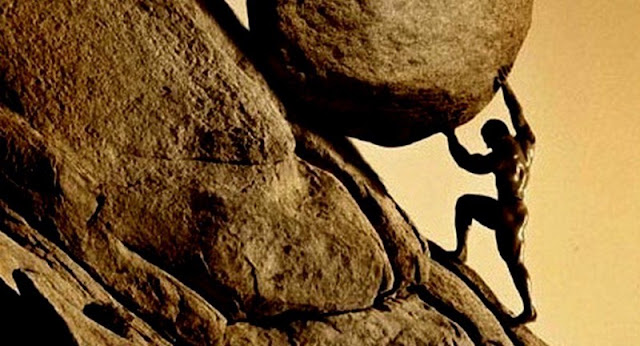Zen Buddhism: The Art of Simple Living

Zen Buddhism: The Art of Simple Living Zen Buddhism is one of the branches of Mahayana Buddhism. Zen Buddhist schools of thought were originated in china and it is called as chān Buddhism. The term ‘chān’ means the Sanskrit term ‘dyāna’. In other words, Zen Buddhism emphasizes the value of meditation to attain nibbana. Bhikku Bodhidharma introduced Buddhism to china. Mahayana Buddhism in china has its practical and theoretical aspects in both Zen and Hua-Yen Buddhism, which means Zen Buddhism is considered the practical aspect of Chinese Hua-Yen Buddhism. The goal In Zen Buddhism is to achieve sudden awareness or the pure awareness (Satori). Satori means the immediate experience of meditation. There are two forms of Zen practices. They are, Rinzai – tries to break through everyday thinking via Koans. (Koans are the riddles in the form of questions) Sato Zen – a slower approach to enlightenment through meditation Zen Buddhism could give the real understanding of life directly as it wo...































